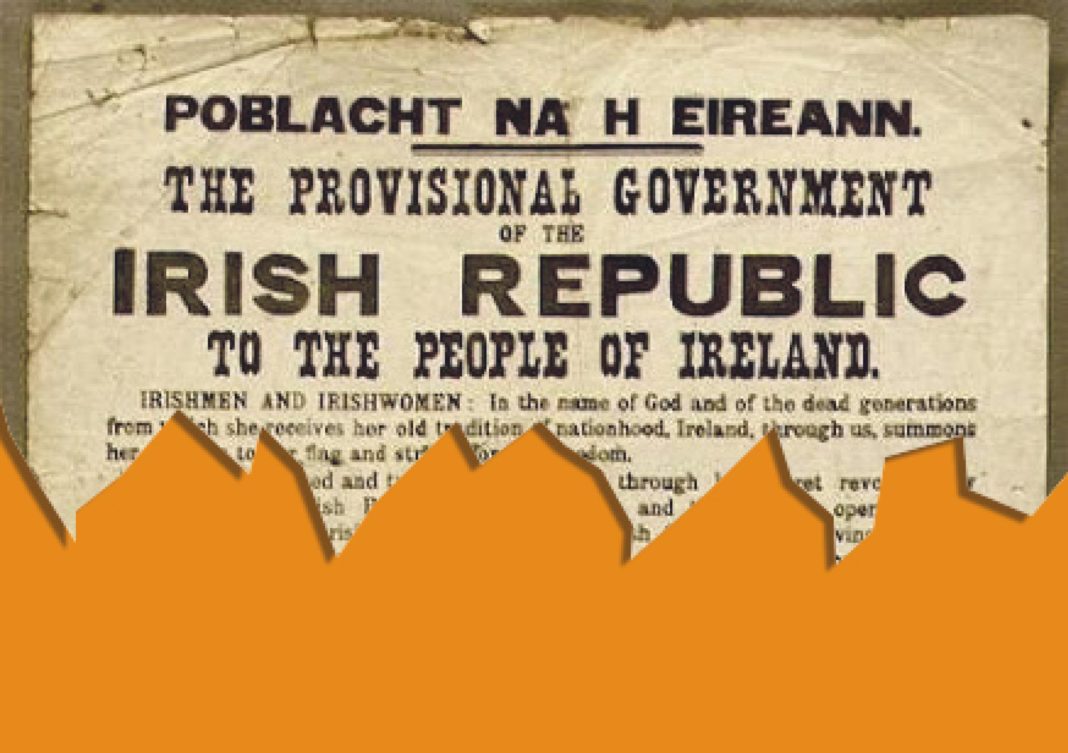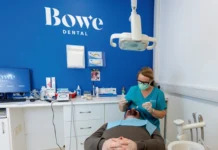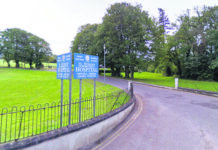May 26th – June 1st, 1916
Consideration was given at a meeting of Fermoy Union, to constructing a new reservoir for the Ballyhooly waterworks and after a short discussion, it was agreed to postpone taking action for the purpose of acquiring information as to the expanse and purchase of water rights.
At Lismore Sessions, Michael Morrissey was fined £10, mitigated to £2 10s, with a further reduction of 10s for carrying a gun without a licence on November 28th, 1915. Mr Moore, Supervisor Excise, Mallow prosecuted.
Much interest was aroused by the official war pictures which were shown twice nightly at the Opera House in Cork. Already several visitors to the theatre had recognised relatives and friends amongst the men shown in the various pictures. The film dealing with the Irish brigade in action was of particular local interest, as the men did nearly all their training at Fermoy.
Corporal Timothy Kemp of the 8th Battalion, Royal Munster Fusiliers, a native of Lismore, was credited for his bravery having crawled out of the trenches with Lieutenant Biggane, Cork and successfully capturing two placards which the Germans had placed on their parapet. Kemp was subsequently promoted to Lance-Sergeant. He was barely out of his teens, formerly an employee of Messrs Paxman and Co.’s Butter Factory, Lismore and a prominent member of the Lismore Dramatic Class.
An inquest was held by Deputy Coroner Edmond A. Rice, Fermoy into the circumstances of the death of a man named Maurice Barry, residing at Gearah, near Rathcormac. He had been found in a field with the left side of his head severely injured. Dr James E. Barry, Rathcormac made an examination of the body and was of the opinion that the deceased died from a gunshot wound, self-inflicted. The jury found a verdict accordingly. He was a bachelor aged about 55 years.
Fermoy Urban Council met and a long review took place on the method adopted by the road steward in watering the streets. Mr Sheehan complained that the lower portion of the town was hardly ever watered and the people were grumbling very much about it. The council decided that in future there should be only one man engaged in watering the streets and that the hand hose would also be employed.
At a meeting of Lismore Rural Council Mr V. O’Brien proposed a vote of sympathy with the wives, relatives and friends of the men who had been executed in Dublin and elsewhere within the past few weeks by the high-handed so-called authority of military court-martial in Ireland and that copies of this resolution be sent to the proper authorities.
Mr M. McGrath seconded, but Col. Cotton opposed the resolution, arguing that the executions were not excessive and that the rebels who were shot deserved their fate.








